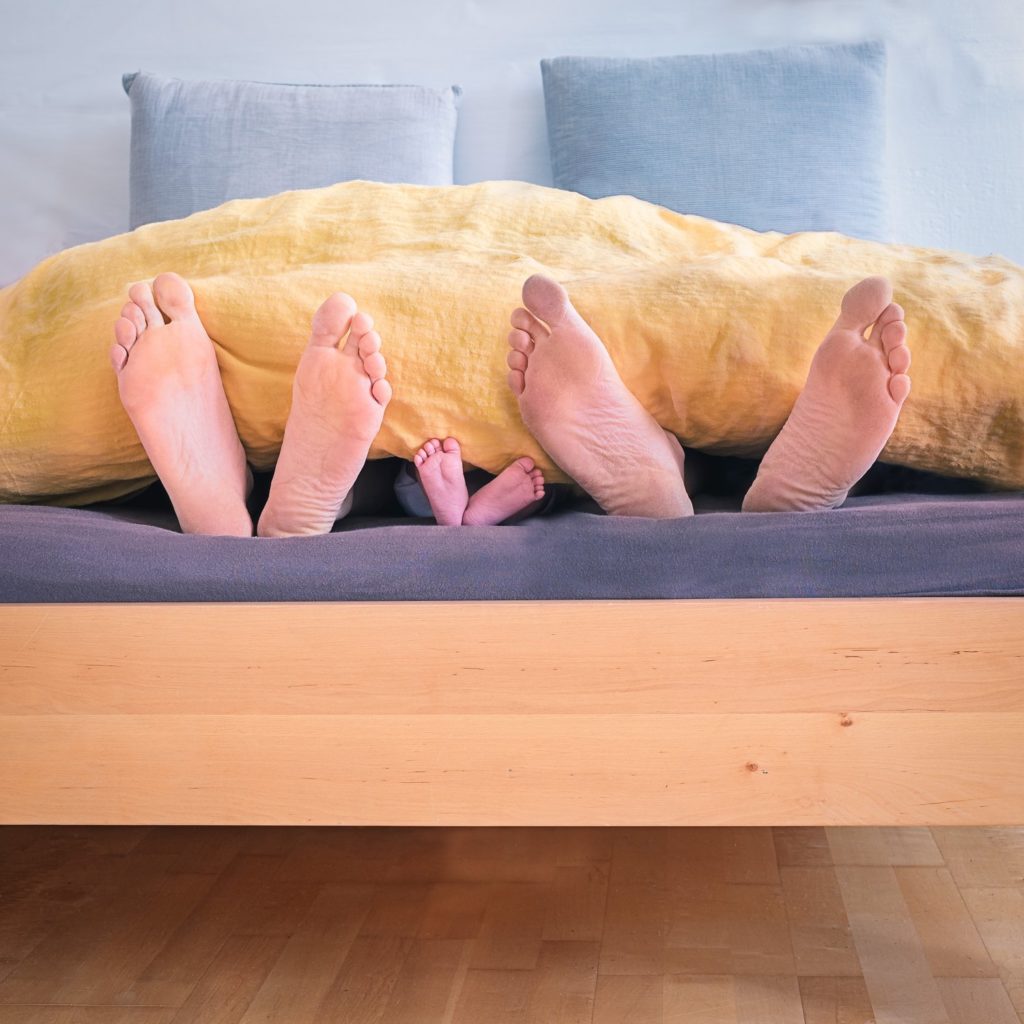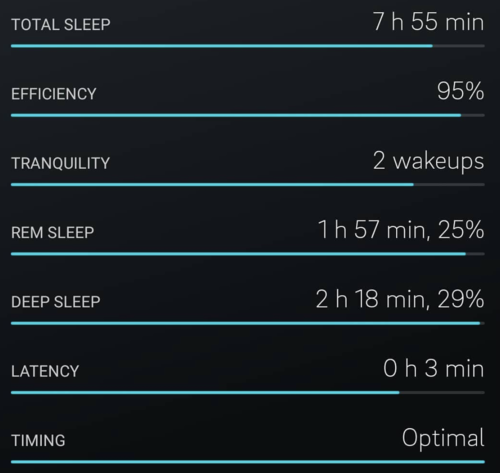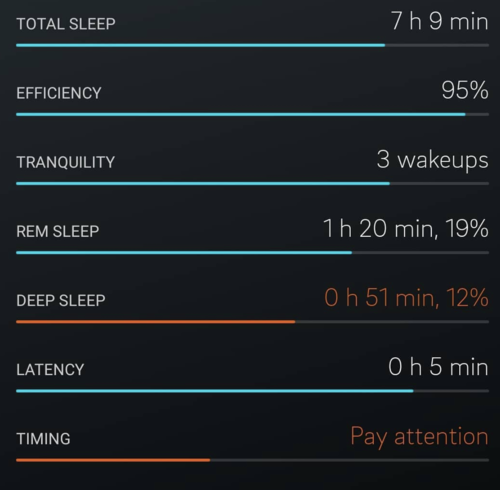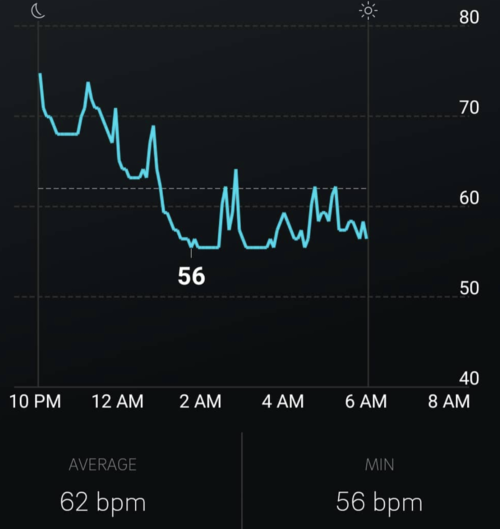
If you’ve come to this blog, you are probably looking for ways to improve your health whether that be athletic performance, weight loss, longevity, what have you. Diet and exercise are the obvious lifestyle hacks to better yourself, however a critical, often overlooked, aspect of life is sleep. Sleep becomes something we easily sacrifice in our busy day to day life and in some instances, ignorance is bliss, but when it comes to ignoring the effects of insufficient sleep, this isn’t exactly the case. Sleep should be considered of equal importance, if not ahead of, diet and exercise. According to Matthew Walker, PhD and sleep expert, there is no process in the body that doesn’t benefit from sleep, it is a time to restore and repair the wear and tear of wakefulness. Unfortunately, our society tends to denigrate sleep to the point of minimizing it as much as possible, and this often contributes to the excessive need or reliance on stimulants, which can further disrupt sleep.
 Additionally, sleep has a significant impact on metabolic health. Poor sleep is highly correlated with impaired glucose metabolism, hyperglycemia and insulin resistance, all of which are risk factors for Type-2 Diabetes and metabolic syndrome. Dom has personally noticed elevated glucose levels following a poor night’s sleep.
Additionally, sleep has a significant impact on metabolic health. Poor sleep is highly correlated with impaired glucose metabolism, hyperglycemia and insulin resistance, all of which are risk factors for Type-2 Diabetes and metabolic syndrome. Dom has personally noticed elevated glucose levels following a poor night’s sleep.
Recent example of what Dom considers optimal sleep for him, personally:
Dom has become an obsessive sleep tracker ever since he researched sleeping in saturation as part of the NASA NEEMO 22 mission. OURA supported his research with donating a number of devices for the NEEMO crew. After two years of using the device he has identified a number of sleep disruptors and sleep enhancers listed below.
Sleep Disruptors:
There are many lifestyle factors that disrupt our sleep, but here are a few that Dom has personally found to make a difference.
-
Alcohol in the Evening
Alcohol is a strong suppressor of REM sleep. When the body metabolizes alcohol, it produces aldehydes as a by-product; aldehydes block the brain’s ability to generate REM sleep. Your sleep is also much more fragmented after alcohol preventing entry into REM and NREM sleep. Additionally, alcohol is a sedative, and as Dr. Walker frequently points out in his book “Why We Sleep”, sedation is not sleep, it is a loss of consciousness. Alcohol-induced sleep is closer to a state induced by anesthesia than by natural sleep.
-
Alcohol and Heart Rate:
Dom’s elevated heart rate during sleep following just 2 small late-night glasses of wine.
Naturally, as we transition into deep sleep, our heart rate drops as a part of sleep initiation, slowly rising in the latter half of our sleep to where it is highest when we wake up. Alcohol acutely increases heart rate. Therefore, consumption of alcohol around bed time creates a disrupted state to fall asleep in. Falling asleep with an elevated heart rate impairs the transition into deep sleep.
-
Eating Dinner After 8pm
Eating meals late in the evening (past 8pm) seems to spike metabolism and elevate body temperature. Our biological rhythm is programmed to enter sleep with a lower core body temperature, therefore falling asleep with this elevated can cause disrupted sleep, which is exactly what Dom has found.
-
Exercising in the Evening
Working out in artificially lit gyms in the evening does two things:
1. Exposure to bright artificial light prevents the natural production of our primary sleep hormone, melatonin. This is highly disrupting to our circadian rhythm.
2. Activates your sympathetic nervous system (aka our fight or flight response), causing a stress response in the body. Not something you want to fall asleep to!
For Dom, heavy lifting (e.g. squats, deadlifts) too late (after 7pm) magnifies the sleep-disrupting effects.
-
Consuming Caffeine Past Noon
Caffeine as you probably already know is a stimulant, meaning is increasing our alertness and feeling of wakefulness.
Here’s how caffeine works:
o During the day, the hormone adenosine builds up in the brain continually increasing the longer you are awake. Peak adenosine concentrations are reached in the evening when we want to go to bed (usually 12-16 hours of being awake). During sleep, the brain degrades and removes the day’s build-up of adenosine.
o Caffeine binds to adenosine receptors, and disables adenosine’s sleep-inducing effects fooling the body into thinking it’s awake and alert despite elevated levels of adenosine
Caveats to Caffeine:
o Caffeine has a half-life of around 5-7 hours, so if your last cup of coffee is had at noon you may still have lingering effects by 7pm, depending upon your genetics. Dom’s genetic data indicates he is a fast caffeine metabolizer, but a cup of coffee after 4pm usually disrupts his sleep.
o Caffeine rebound (withdraw) can occur 12-18hrs after consumption. This is when all caffeine has been metabolized, causing a rush of adenosine leaving you hit with intense sleepiness. Adenosine can also have a vasodilating effect that can also contribute to a headache.
Caffeine is found in many more products than just coffee, so if you are experiencing poor sleep make sure you know what you’re consuming (dark chocolate and even kombucha contain caffeine). By the way, decaf coffee does not mean non-caffeinated there is still about 15-30% of the caffeine in a regular cup of coffee. As we age, caffeine metabolism rate decreases, therefore caffeine may be more of a sleep disruptor the older we get.
Sleep Enhancers:
1. Exposure to Sunlight in the Morning (Most Important!)
Early morning exposure to sun is probably the most powerful circadian influencer/synchronizer there is. When our circadian rhythm is synchronized with our sleep patterns, we are working with our body and not against it. Your circadian rhythm controls when the body wants to sleep, and when it should feel most awake. Additionally, the region of our brain in control of our circadian clock communicates with every organ in the body, controlling natural biological functions such as body temperature, hunger, hormone production, metabolic rate, mood, etc. Therefore, it’s best to keep everything synced to the same rhythm, and that includes synchronizing our sleep as best we can with the rise and fall of the sun.
2. Working/Moving Your Body Outdoors vs the Gym
Dom has consistently shown that his best sleep occurs when early morning exercise/physical activity is done in the sun. If he has to work on his laptop he does it outdoors or near a source of natural light. In the past he’s identified that artificial light combined with work related stress is by far the biggest sleep disruptor.
What’s Next?
Dom has identified a few sleep enhancing substances he uses sparingly (supplements and drugs) that will be discussed in detail in Part 2 of this series. Subscribe to our newsletter to be updated on the release of the rest of this series.
Subscribe
Sign up with your email address to receive news and updates.
We respect your privacy.


